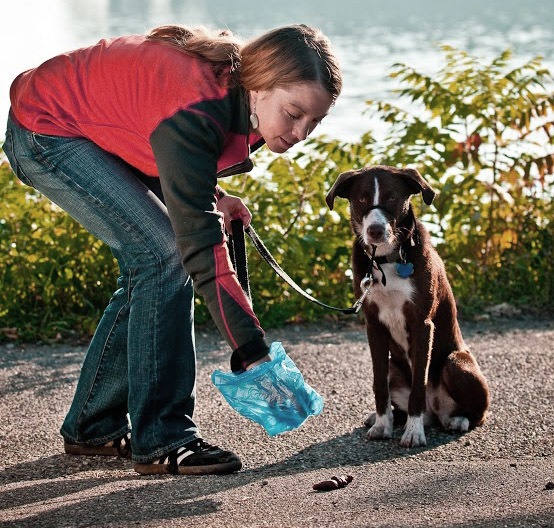

Pick Up the Poop this Fall
Fall and winter can be key times for a particularly bad habit: not picking up after your pet. Hunting through leaves or digging in the snow for your pet’s droppings may lead to the tempting prospect of just leaving the poop and walking away. It may be smelly, but it’s natural, right? What could be the harm? Unfortunately, animal waste can pollute local waters and pose health risks if not disposed of properly.
E.Coli and other bacteria
Pet waste can carry harmful bacteria and parasites, including e.coli, ringworm, salmonella, and giardia. When the rain washes away animal droppings, these bacteria can enter the water at your nearby lake or stream. These pathogens can be harmful to people and other pets.
Nitrogen and Phosphorus Pollution
Although nitrogen and phosphorus naturally occur in lakes, too much of either can reduce oxygen in the water. Pet waste contains these two nutrients and can contribute to phosphorus pollution in the water. Unusually high phosphorus levels create the ideal environment for algae to thrive.
Many of these impacts are cumulative. Even if a few dog owners in your community don’t pick up waste, the impact is multiplied by how many times it happens over a season. Snowmelt in the spring can quickly bring accumulated waste from the winter to lakes and streams. The best place for animal waste is in the trash, where it can’t reach the groundwater, ideally in a doggie bag to keep receptacles clean. Be a doo-gooder and keep the poop off the ground!